The Russian Federation leads among other countries in the number of police officers per capita. That is why illegal detention of citizens is not uncommon today. How to protect yourself from unlawful acts of law enforcement officials? What is the responsibility of unlawful police officers? The answers to these and other questions are presented in the article.
Features of detention
In 1948, the International Declaration of Human Rights was adopted, guaranteeing every inhabitant of the earth freedom and security of person. Confirmed these guarantees by the 1966 Civil Rights Pact. One of the provisions of this pact states that no one shall be subjected to arbitrary detention, arrest or exile. What does all this mean? The Russian Constitution defines Article 15, which establishes the priority of international law over national law. Our state is obliged to adhere to international standards, and therefore illegal detention is prohibited. This is also stated in Article 22 of the main law of the country, which states the possibility of restricting a person’s freedom only by judicial decision.
Unlawful detention by police officers is a flagrant violation of constitutional norms and the principle of personal integrity. This kind of violation jeopardizes the optimal functioning of the entire law enforcement, and sometimes even the judicial system.
Signs of Unlawful Detention
So, more details. What is characterized by lawful detention? Firstly, the detailed regulation of administrative or criminal legislation. There is also a coercive nature and the use of security equipment to achieve justice. Secondly, legal detention is carried out only by a specially authorized official. This person restricts the detainee’s freedom by no more than 48 hours, up to a court decision.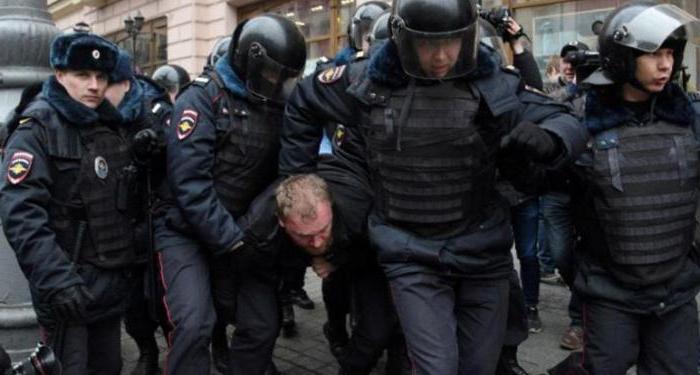
And what are the signs of illegal detention? It is worth highlighting the absence at the time of limitation of freedom of evidence that would help convict a person of breaking the law. The absence of necessary witnesses, errors in the compilation of the protocol or the complete absence of the protocol - all this also needs to be noted when it comes to illegal detention.
Types of Arrests
Law experts highlight four main forms of detention.
The first form is reasonable. We are talking about cases where police officers work in accordance with the norms of the law: there is clear evidence of guilt, a protocol of detention is correctly drawn up.
The second form is arrest with errors in facts. I must say that this form of detention is not very common, because instead of a criminal, another person is detained.
Unlawful detention due to misinterpretation of the law is the third form. These are those cases when police officers simply have no reason to detain a person.
Finally, the fourth and most problematic form is obviously illegal arrest. Here we are talking about the outright arbitrariness of the police: lack of grounds, "sewing" of the case, pressure on the detainees - all this is a gross violation of the law.
Arrest by mistake cannot be considered unlawful. In this case, the person mistaken for the suspect will be released, and the police will continue to work. No compensation for moral damage is to be expected. The only exceptions are those cases when the detainee was treated contrary to the norms of the law.
About the seizure of property
Article 115 of the Russian Code of Criminal Procedure governs the procedure for the seizure of property in sufficient detail. According to the law, such arrest means a ban on the free disposal of property. Such a ban may be imposed in the following cases:
- confiscation of criminal punishment;
- the need for damages to the plaintiff in civil proceedings;
- recovery of costs in criminal proceedings.
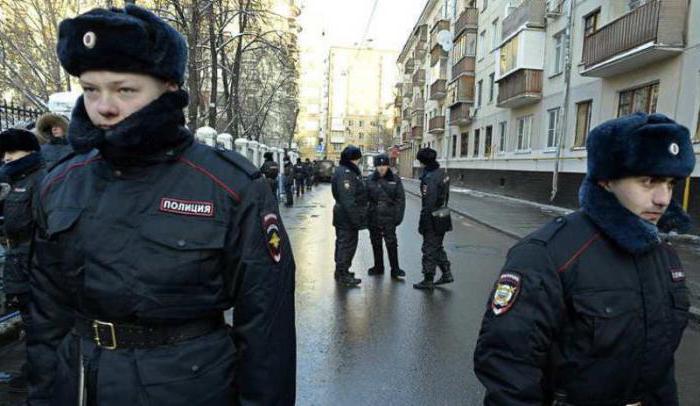 In Russia, property is often arrested illegally. Everything happens without witnesses and without drawing up a protocol. Such actions by police officers can be calculated as kidnapping or even robbery. The only way out in this situation is to file a lawsuit with the court.
In Russia, property is often arrested illegally. Everything happens without witnesses and without drawing up a protocol. Such actions by police officers can be calculated as kidnapping or even robbery. The only way out in this situation is to file a lawsuit with the court.
Terms of detention
By law, a person cannot be detained by police for more than 48 hours. The court may extend this period to 72 hours. Detention takes place only after an appropriate court decision. If the potential sentence is less than two years, then arrest is generally not applied. However, there are a few exceptions:
- there is no way to identify the suspect;
- previously established sanction is violated;
- the suspect does not have a permanent residence;
- the suspect is hiding from law enforcement.
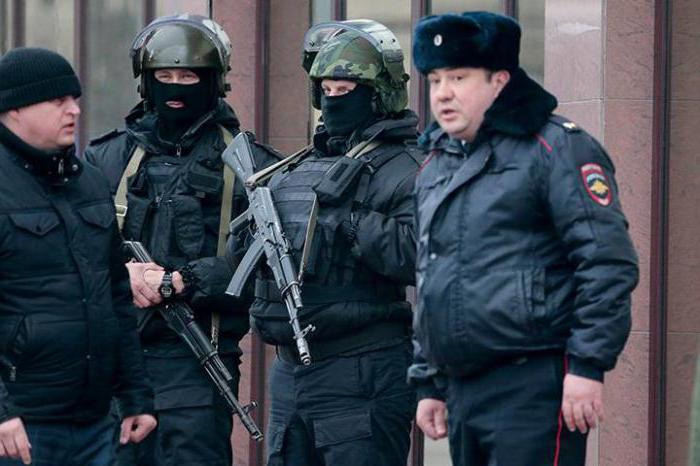 The arrest of minor citizens is allowed only when they commit particularly serious violations of the law. In general, extreme cases.
The arrest of minor citizens is allowed only when they commit particularly serious violations of the law. In general, extreme cases.
After a court decision, the suspect is limited to freedom for 2 months. During this time, the court should have time to consider the case of a person, and then prove or refute his guilt. When the trial is delayed, the period of restriction of freedom (in the form of house arrest or stay in a pre-trial detention center) is extended to 6 months, one year or a year and a half.
Lack of legal grounds
The next moment. The most common type of unlawful detention by police is arrest in the absence of legal justification. In this case, it is worth stopping.
What is the legal basis for detention in general? The answer to this question is given by Article 91 of the Code of Criminal Procedure. The investigator or investigator may catch the suspect at the scene of the crime. This will be enough for legal detention. The second reason is witnesses' instructions. Witnesses of the crime or the victims themselves can identify the culprit of the events in the suspect. Finally, the third reason will be the presence of traces of the crime on the clothes of the suspect, his personal belongings or on the body. At least one of the three grounds presented will be sufficient for the lawful detention of a person suspected of breaking the law. In general, everything is extremely simple.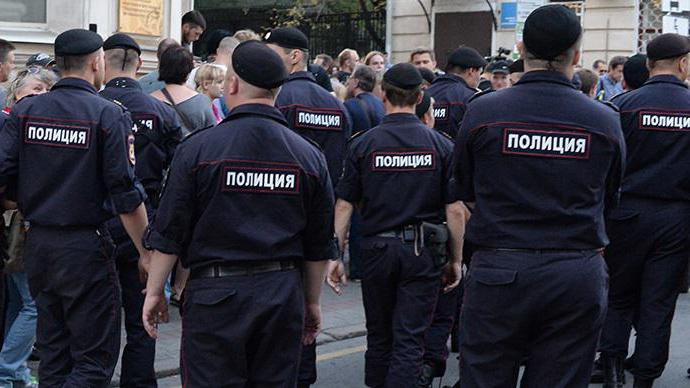
Can detention as detention be considered unlawful if there is no one of the above grounds? Probably yes. It will not be possible to give a definite answer here, because the suspect may be hiding from law enforcement agencies. Problems can also arise in cases where it is not possible to establish a person’s identity or place of residence.
Non-compliance with procedural conditions
What is called procedural terms in criminal law? Here, everything is also quite simple: this is a criminal case and the presence of a sanction in the form of imprisonment. What could be illegal here? We are talking about cases where law enforcement officials decide to detain a person legally, but before initiating a criminal case. According to the rules, the court must indicate a specific article of the Criminal Code of the Russian Federation violated by the suspect. Moreover, the blame still needs to be proved. Only after the completion of all these procedures, the relevant authorities apply a legal sanction in the form of detention.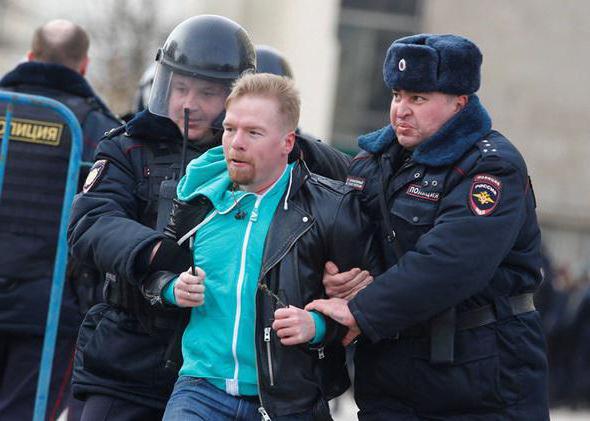
The presented situation should not be confused with cases when a suspect is brought to the police station.According to Article 92 of the Code of Criminal Procedure of the Russian Federation, delivery is only the initial stage of detention, and therefore there are not so many reasons for it. In article 27.2 of the Code of Administrative Offenses of the Russian Federation, delivery is described as “forwarding a person for the purpose of compiling a protocol”. And here it is worth noting that the delivery within the framework of the criminal process will have the character of illegal administrative detention. It does not correspond to the interests of a person who is suspected, in essence, of committing a crime.
Improper execution of the protocol
Unlawful detention by the police is most often expressed in the incorrect execution of the protocol, and sometimes in its complete non-compilation. The rules on procedural execution are often violated, but the court almost never takes them into account.
A police officer could have detained a person. Procedural conditions for detention are available; involvement in the crime is established. In this case, the protocol is drawn up only before letting a person into the temporary detention center (temporary detention center, "monkey"). From the moment of discovery to the fact of detention, the suspect, in fact, remains in the status of an eyewitness. As a result, the length of time, often measured in tens of hours, remains procedurally unformed.
More often, protocol design is simply not up to standard. The grounds, time or reasons for the detention are not indicated. Formally indicated violations of the law are a sign of unlawful detention of a person. This phenomenon must be fought in every way.
Excess Detention
In the Russian Federation, Federal Law No. 103-FZ of 1995 on Detention is in force. According to article 49, the grounds for release of a detained person are:
- lack of need for custody;
- expiration of detention;
- removal of suspicions of violation of the law.
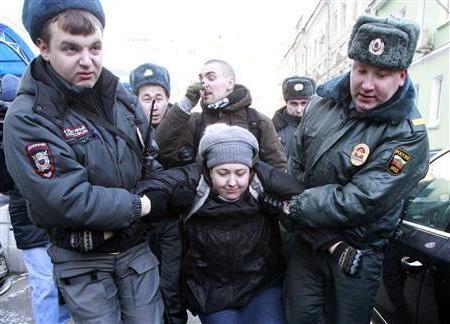
After 48 hours from the moment of detention, the suspect may be released if the court has not imposed him a punishment in the form of detention. This is stated in Article 94 of the Code of Criminal Procedure. What could be illegal here? The problem, again, is related to the compilation of the protocol. If this document was not completed on time, the calculation of the period of detention will be incorrect. Moreover, human freedom is violated by actual detention. Not at the time of the procedural execution of the protocol.
All of the listed forms of unlawful detention are not exhaustive. Of course, police officers can allow many other acts contrary to the law. It’s not so easy for an ordinary person to understand a specific situation. The only and sure way out is to contact a professional specialist in the field of law.
Responsibility for illegal detention
Investigation errors are punished according to one rule of law, and illegal detention - according to others. What sanctions can police officers face for unlawful detention? Article 301 of the Criminal Code of the Russian Federation is devoted to the qualified corpus delicti of the crime in question.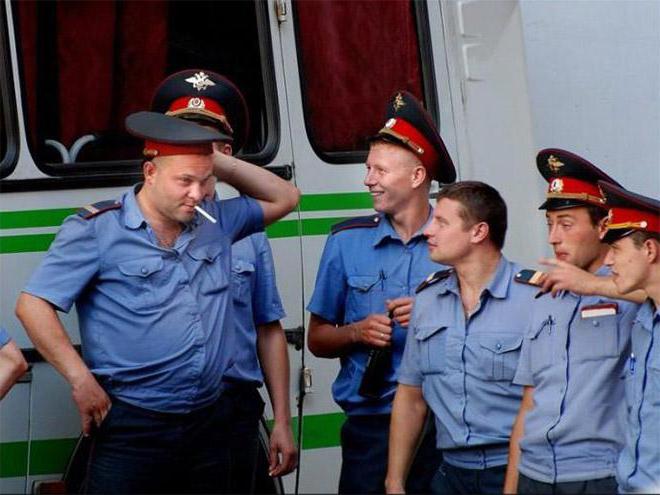
The subject of the act becomes a special person: prosecutor, investigator, judge, interrogator or ordinary police officer. A citizen guilty of unlawful detention can be imprisoned for a period of 2 years. There is also the option of 2 years of participation in correctional labor or 3 years of being away from their professional activities. Obviously unlawful arrest is punishable by a term of imprisonment of up to 4 years.
A complaint
Every citizen has the opportunity to appeal the detention if it is illegal. In the three-day period from the date of sentencing, the person appeals to the cassation court. If the court takes into account the plaintiff's arguments, all charges are dropped. The complaint of unlawful detention must itself contain clear arguments that the arrest is of an infringing nature. It is worth paying special attention to this.
Compensation for illegal detention is paid from the local treasury.In most cases, national courts refuse to compensate non-pecuniary damage, and therefore it is worth contacting the ECHR. Naturally, before applying to such a high court, all Russian courts should already have given a refusal of compensation.